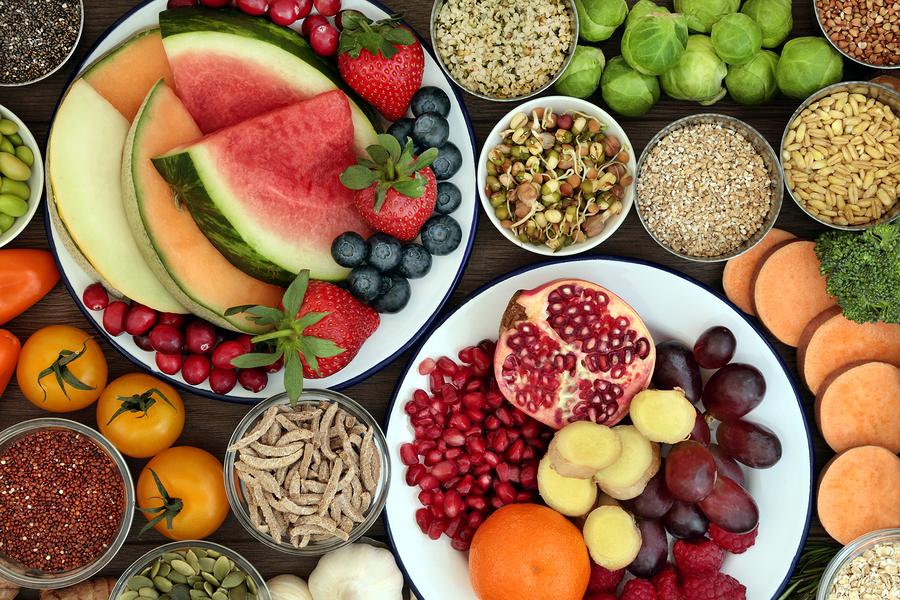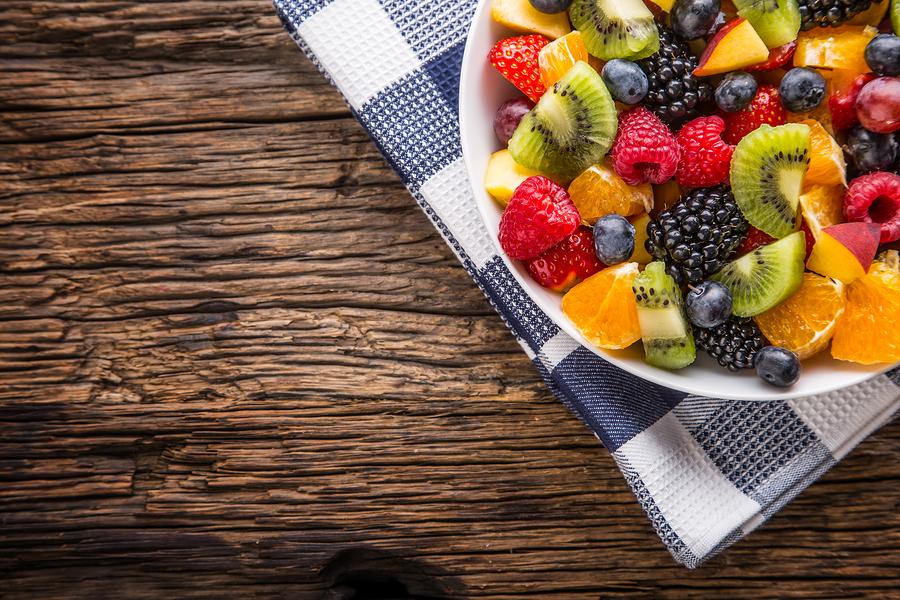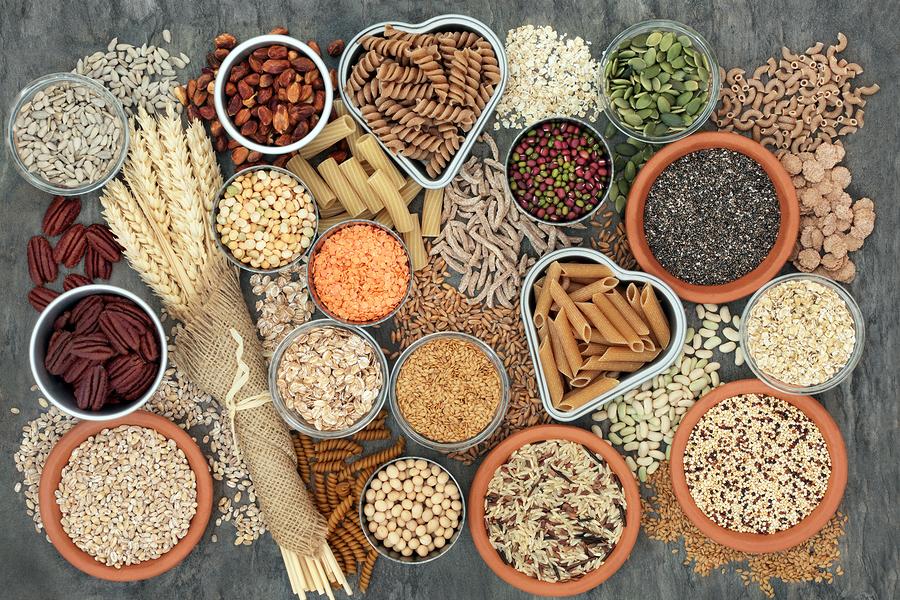Aiming to consume a wide range of vitamins and minerals in the diet is a great way to work to preserve optimum health. It can often be difficult to know what the best sources of essential vitamins and minerals are, so we are going to explore this topic today!
When you are able to meet your nutritional quota each day then you are much more likely to enjoy better health – both physical and mental. This is because the body depends on all systems working in sync in order to keep everything functioning as it should.
So, what are the important vitamins to include? And, which foods can you easily get them from?
Vitamin A
Vitamin A is found in dairy products, dark green vegetables, orange coloured fruits and vegetables, fish oils, and liver. It is also possible to find certain foods that are fortified with vitamin A.
Vitamin C
Vitamin C is largely found in fruits and vegetables. It can also be found in small amounts in some dairy products and in liver.
Vitamin D
Vitamin D is most commonly found in fish oil and dairy products. It is also possible to find certain foods that are fortified with vitamin D. The unique thing about vitamin D in relation to other vitamins is that our skin can make vitamin D when exposed to the sun.
Vitamin E
Vitamin E is found in abundance in dairy products, dark green vegetables, and nuts.
Vitamin K
Vitamin K is most commonly found in dark green vegetables, fruits, and fish.
Thiamin (B1)
Thiamin is found in whole grain foods and meat products.
Riboflavin (B2)
Riboflavin is found in milk, eggs, and green vegetables.
Niacin (B3)
Niacin is found in the majority of foods, but meat is the richest source.
Vitamin B6
Vitamin B6 is found in meat, fish, whole grains, eggs, and vegetables.
Vitamin B12
Vitamin B12 is mostly only found in animal sources, and it can be hard to get enough of from a vegetarian or vegan diet. The best sources are milk, meat, and eggs.
Folate
Folate is found in dark green leafy vegetables and liver.
We are now going to move onto the essential minerals to see what the best sources are!
Iron
Spinach, liver, legumes, pumpkin seeds, and quinoa are good sources of iron.
Zinc
Oysters, red meat, and poultry are the best sources of zinc.
Sodium
Celery and beetroot are healthy sources of naturally occurring sodium. Although a certain amount of sodium in the diet is essential, it is important to not consume more than 6 grams of it a day. Many processed foods have added sodium, so it is a better idea to pay attention to limiting your intake rather than striving to meet it!
Calcium
Seeds, cheese, yoghurt, sardines, beans, lentils, and almonds are all great sources of calcium.
Potassium
Sweet potatoes, white beans, avocado, dried apricots, and yoghurt are all good sources of potassium.
Selenium
Brazil nuts, turkey, and tuna are the best foods to include for hitting your selenium quota.
Daily Nutritional Needs
It can be very difficult to always be aware of how much of each vitamin and mineral you need to consume each day in order to meet the recommended daily amounts.
This problem is further complicated by the fact that as well as problems potentially arising from under-consumption, the over-consumption of certain vitamins and minerals can be problematic also.
Fortunately, in the modern age of technology, it is now simple to keep track of what you are putting into your body! There are several websites and mobile phone apps available that are designed to log this information for you. As well as tracking vitamins and minerals you can also keep track of the number of calories that you are consuming, the amount of exercise that you are doing and much, much more!
You may find it helpful to give a few different websites and applications a try to see which one suits your needs the most!
Once you get the hang of keeping track of the nutrients that you consume, you will soon hold onto this knowledge and find it much easier to make healthy choices throughout the day.
When you make the extra effort to include all of your essential vitamins and minerals in your diet, you will realise that you do not need to turn to vitamin and mineral supplements to support your health. Through a range of foods you can get everything that you need to maintain your health and keep your body functioning as it should. That’s not to say that nutrient supplementation isn’t helpful for certain groups of people, but that when you are able to meet these needs through adequate food consumption, that there is then no additional need to take supplements!
References
1) https://www.helpguide.org/harvard/vitamins-and-minerals.htm
Related Posts
Cigarettes May Inhibit Inflammation Treatments
Axial spondyloarthritis, also known as AxSpa, is a chronic…









